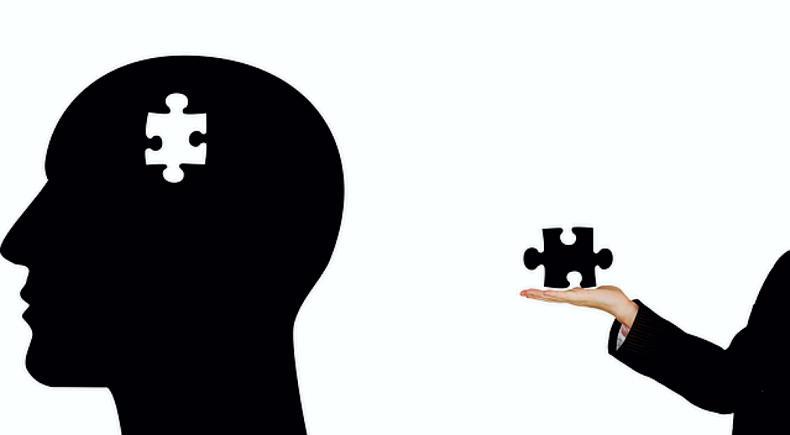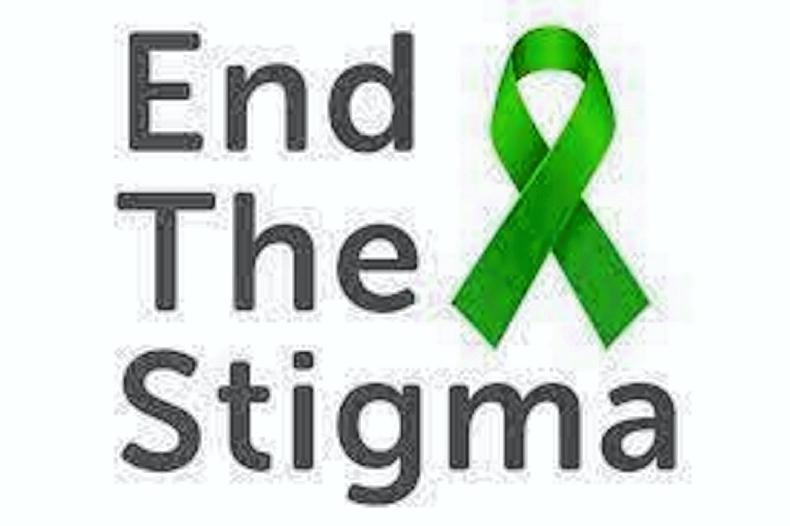LIVING with any mental illness this time of year can be particularly difficult. There’s a lot of pressure to ‘start over’, ‘begin again’ or revamp how you live your life. This thought process is not only unhelpful, it’s actually harmful to mental health recovery.
We can’t start over or become entirely new people when the clock strikes midnight. We can try a little harder to be better people, to help others, to improve the world around us.
If you live with mental illness, you’re probably already trying incredibly hard every minute of every day. So, if you live with depression you might like to push yourself a bit further in 2019 with these suggestions.
Take More Walks
Exercise is good for people living with depression. It’s nearly impossible to read an article on depression without being told how beneficial exercise is and how we should all do it regularly. Exercise is hard. It’s especially challenging when you experience the lack of motivation, loss of energy and physical aches and pains that often accompany depression.
So, rather than attempt to join your friends at the gym three times a week, start slower. Simply try to incorporate more daily walks into your schedule and take the stairs when you see the opportunity. That’s it. Regular walking can also help ease depression symptoms.
Try New Hobbies Or Revisit Old Ones
Depression tends to pull the colour from the world—everything that was once beautiful and vibrant becomes dull and boring and strenuous. In 2019, make a pact to push yourself out of your comfort zone and into a fulfilling and enjoyable hobby. Sure, the couch is far more comfortable than falling butt-first onto wet grass, but as John A. Shedd once said,
“A ship in harbour is safe, but that is not what ships are built for.”
Set Aside Time To Unplug
Whether you scroll through your social media feeds several times a day, or you find yourself only communicating via text, it’s important to disconnect and have some time away from a screen.
Our world may be driven by technology, but that doesn’t mean we should let our devices dictate our lives, or our happiness. You don’t have to give up all your technology at once—start off small by setting aside your phone, tablet or laptop for an hour each day. Take this time to do something else, whether it’s reading a book or writing in a journal.
Conquer Small Items On Your Bucket List
Setting and sticking to goals can seem daunting. Perhaps that’s why life goals can seem like an impossible feat. So, for those who have a bucket list, remember that it’s easier to tackle a goal when you break it down into manageable steps.
Be Nicer To Yourself And Others
When you’re in a depressive episode, it’s really easy to shut off from the world—to curl up in bed or on the couch and forget about everyone and everything. Sometimes, we need to do this for our own well-being if we’ve had a stressful day or we’re feeling emotionally drained. But when it becomes a pattern, we can get detached and a bit uncaring towards those around us.
It’s proven that helping others actually helps you, so as insurmountable as it seems to put others’ needs before your own when you’re depressed, try it in small doses. Try helping a friend, co-worker or neighbour who might also be struggling, or just buy coffee for the person behind you one morning. It really does feel great.
Communicate Your Needs More Openly
With depression, it’s essential to have a support system in place. Identify the people in your life you trust, and if you haven’t shared your diagnosis with them, it may be helpful to do so. Then, you can practice communicating your needs. Try writing down a list of what you may need in certain scenarios, and walk them through those needs so they can more easily support you. For example, you might need to tell your room or housemate that they can/should check in on you if you haven’t left your bedroom for several hours.
Be Aware Of How Your Symptoms Affect Others
Changes in mood and behaviour can make everyday life challenging for those with depression and those around them. Recognise your symptoms whenever you experience triggers or heightened stress, and take note of how they may be affecting others. Keeping a written log can help. This way, the next time you want to isolate yourself or you find yourself becoming agitated or irritable, you can remind yourself not to lash out on a co-worker, friend or loved one. Instead, take deep breaths and slow your heart rate down.
Have Realistic Expectations
It would be nice to wake up on January 1st with all the energy and determination to go out and conquer some of the lists that have been floating around the internet: go to the gym three times a week, read every night before bed, eat vegan, spend more time with friends and so on and so on. The reality for those living with depression is that it is a serious medical condition. Just like you wouldn’t expect someone recovering from a heart attack to suddenly jump out of bed with a list of ‘new beginnings’ because the date on the calendar changed, you can’t expect the same of yourself.
If you want to take part in New Year resolutions, or you’re attempting any kind of change in 2019, be realistic with yourself. You might fail, so be prepared to pick yourself back up and try again the next day. So long as you’re trying—however that may look for you—you’re succeeding.
As he steps down from his role with the IHRB at the end of 2018, this column would like to extend good wishes to Dr Adrian McGoldrick for his encouragement to produce this fortnightly column. He leaves a remarkable imprint with the work he has done, and will no doubt in many cases continue to do, and the racing world has every reason to be grateful for his efforts. We also wish Dr Jennifer Pugh well as she steps into this most important position


 This is a subscriber-only article
This is a subscriber-only article
 It looks like you're browsing in private mode
It looks like you're browsing in private mode









SHARING OPTIONS: